Learning Library
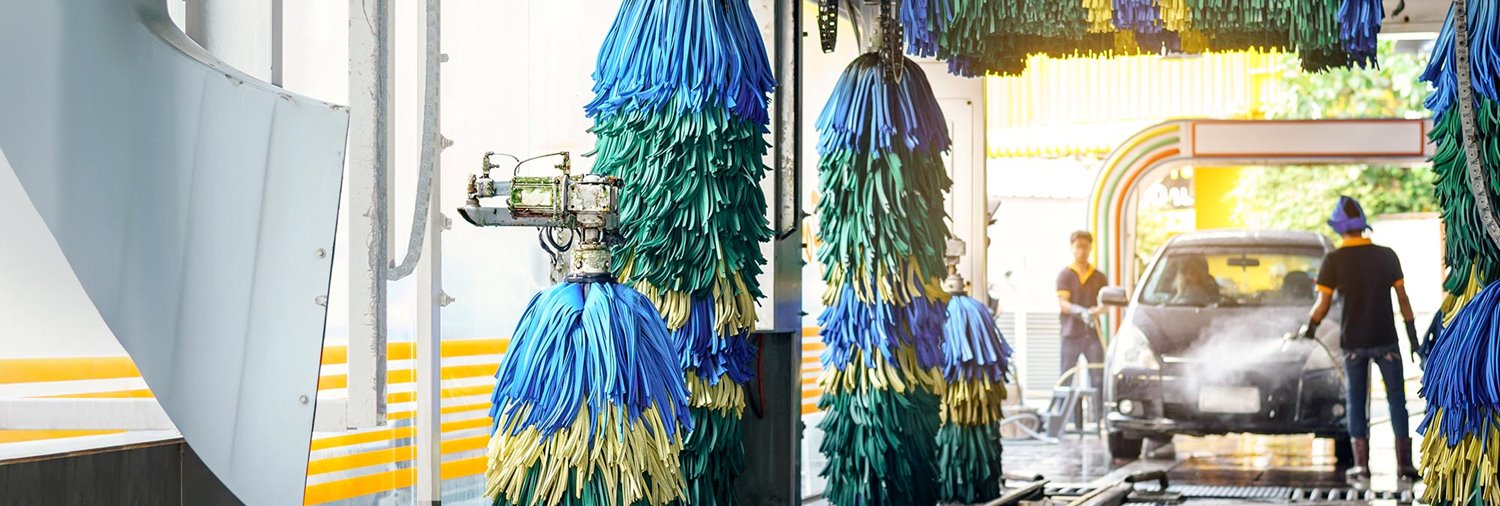


Blog Post
April 22, 2025
Game-changing advancements in car wash technology are available and ready to drive results at your wash. See what's new!
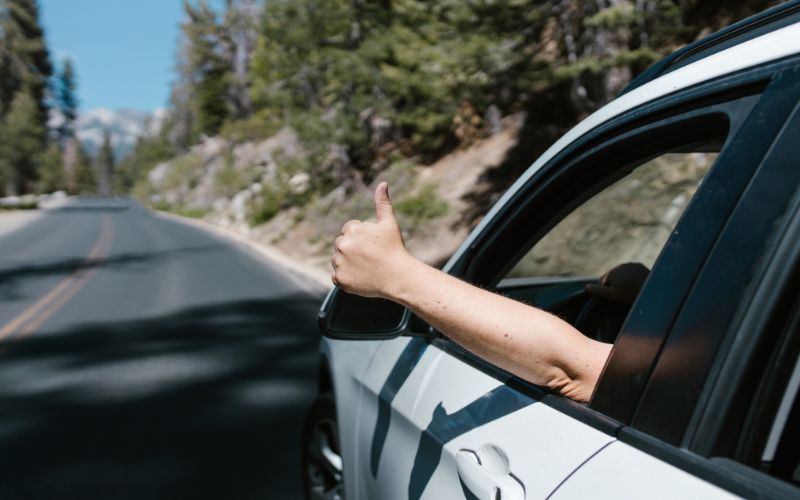
Blog Post
April 18, 2025
Having a quality wash at a great price with excellent customer service doesn't guarantee success. You meet the needs of today's consumer.
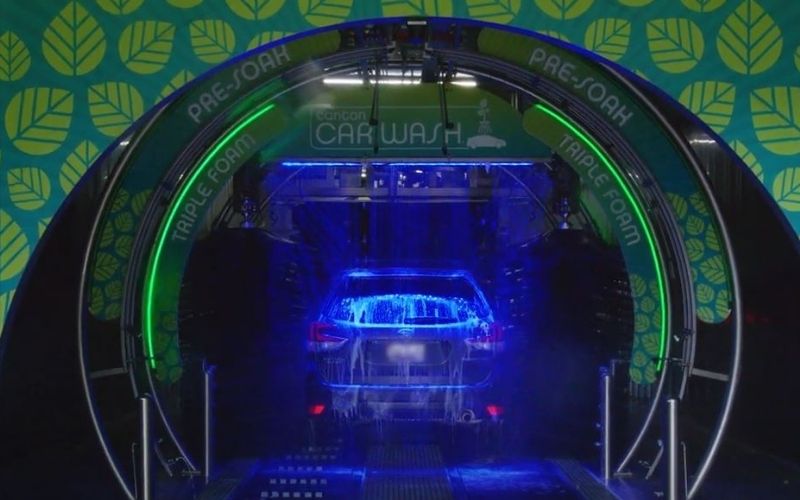
Case Study
Reduced Damage Claims, Increased Throughput and Maximized Revenue With NoPileups
April 3, 2025
Learn how NoPileUps™ and Canton Car Wash work together to reduce damage claims, increase throughput and maximize revenue.
Read more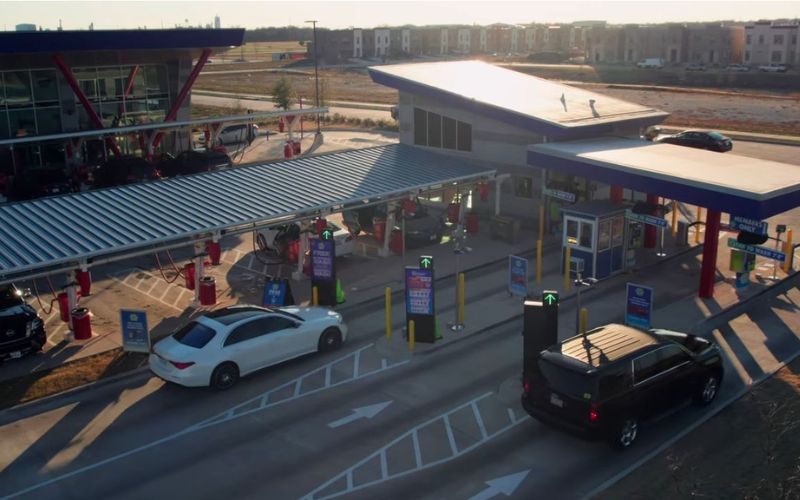
Case Study
The Key to Wash Masters Car Wash's Past, Present & Future Success
March 17, 2025
After a long partnership with DRB® and its parent company, Vontier, Wash Masters trusts DRB with its future growth.
Read more
Blog Post
Hybrid-Cloud Wash Management Technology Driving the Car Wash of the Future
March 12, 2025
The Hybrid-Cloud model makes car wash point-of-sale systems more flexible, accessible, scalable and efficient.
Read more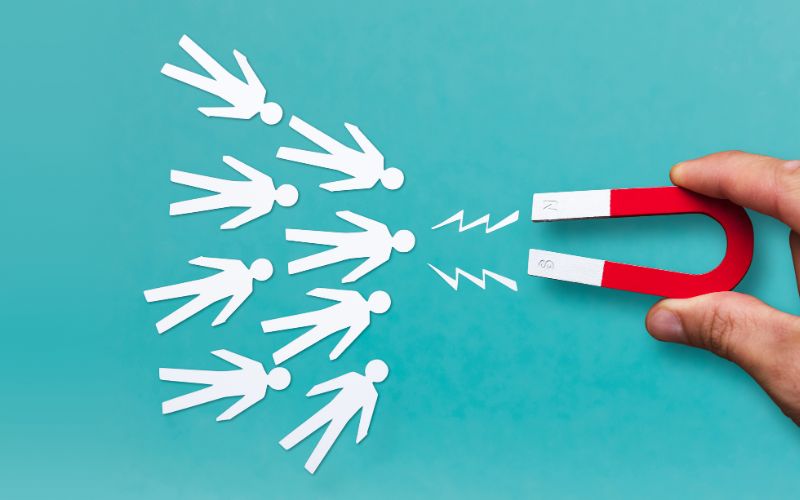
Blog Post
4 Ways to Attract Traffic and Advertise a Car Wash
March 7, 2025
Coming up with new and creative ways to bring in traffic is a vital component of car wash management and ownership.
Read more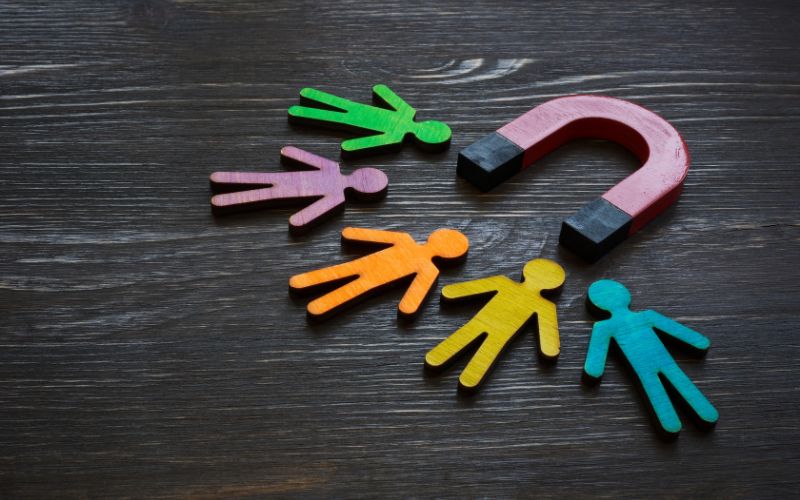
Blog Post
A New Tool for Combatting Churn: Retention Offers
January 28, 2025
Serving up a retention offer when a member goes to cancel their plan can help you retain them and increase LTV.
Read more
Blog Post
SMS vs. MMS: Choosing the Right Text Messaging Strategy
January 24, 2025
"Text Messaging" includes SMS (Short Messaging Service) and MMS (Multimdia Messaging Service). Learn the dfferences between the two.
Read more
